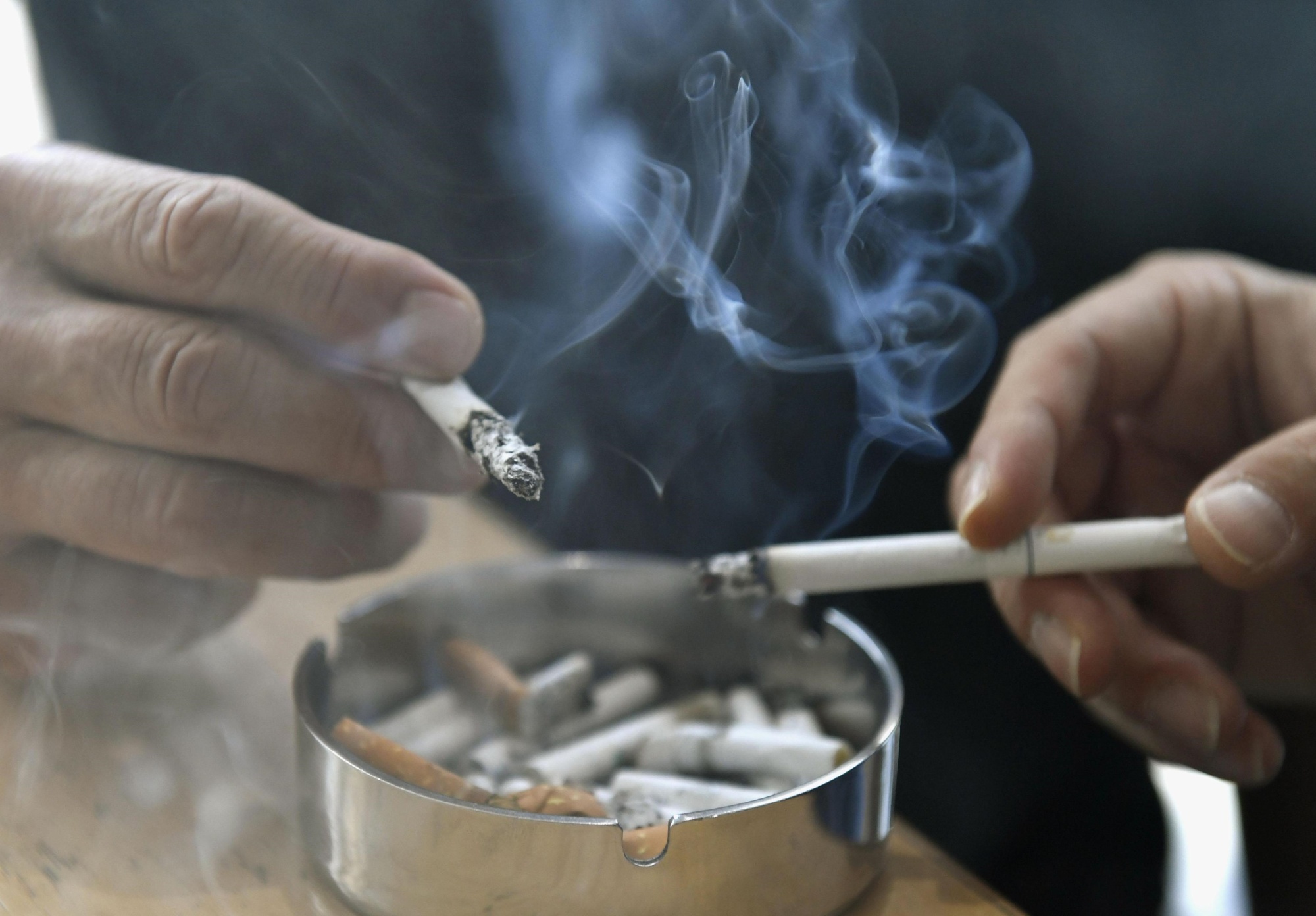Financial losses linked to smoking in Japan are estimated to have amounted to ¥2.05 trillion in fiscal 2015, the health ministry said Wednesday, with the majority of spending going toward medical expenses.
Of the losses, smokers' medical fees added up to ¥1.26 trillion and accounted for more than half of the total. Cancer treatment costs alone exceeded ¥500 billion, according to estimates made available by a research team at the ministry. The total cost of nursing care fees for diseases stemming from smoking reached ¥260 billion.
Losses incurred by fires linked to careless smoking stood at ¥98 billion. Nursing and fire calculations were newly added to the data from the year ended March 2016.
Ataru Igarashi, a member of the team and a specially appointed associate professor at the University of Tokyo, called for further steps to be taken to combat smoking. "We have found that smoking not only increases medical costs but also leads to financial losses in a range of areas such as nursing care," he said.
The research team analyzed government data on medical fees arising from the treatment of cancer, stroke, heart attack and dementia cases that are believed to have sufficient or potential links to smoking.
The team calculated costs for nursing care needed due to the prevalence of smoking-linked diseases, for extinguishing smoking-related fires, and for cleaning away and disposal of cigarette butts.
It said medical fees resulting from passive smoking came to ¥330 billion, mostly related to cerebrovascular diseases.
Nursing care costs totaled ¥178 billion for men and ¥84 billion for women. By disease, dementia was the most costly at ¥78 billion, followed by cerebrovascular disorders including stroke at about ¥71.5 billion.
In fiscal 2014 medical fees for stroke and cancer sufferers, among other diseases with "sufficient" links to smoking, were estimated at ¥1.17 trillion for smokers and ¥320 billion for people exposed to secondhand smoke.




